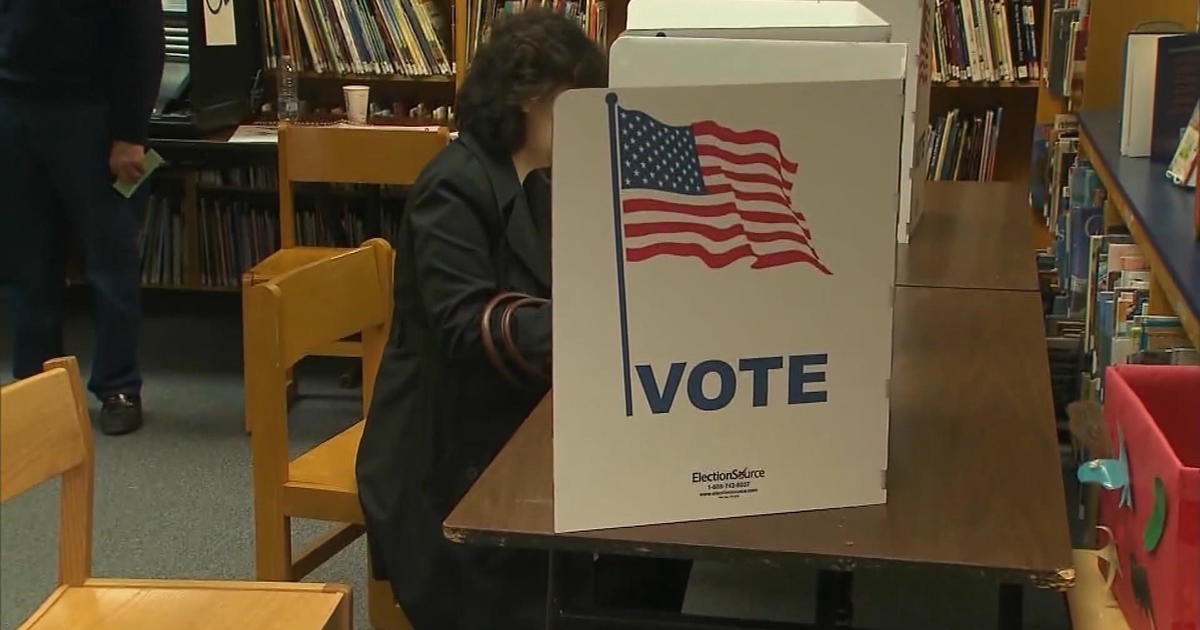Ready To Move Your Business? You May Need To Get Out Of Your Commercial Lease
There are many reasons why you might wish to terminate a commercial lease. One very common reason is your business is at the level of success you hoped it would be and relocation to a better environment is key for further growth. Your business could have also outgrown its current location and you need to break your lease in order to expand for more space. Either situation calls for an assessment of whether you can legally get out of an existing commercial lease.
Preparation is key
Before signing any legal documents, make sure you negotiate your terms to include an arrangement for a possible exit. Having provisions for this possibility will have both you and the landlord on the same page. The exit clause should be tailored to your needs and what you see in the projection of your company. Don't forget that you can also propose a shorter lease term. If you anticipate your company growing, this may be a great option to accommodate that growth.
The hard ask
When you already have a lease, you can simply ask the landlord if you can break it. Depending on the market, it may be beneficial for the landlord to let you go and bring in a new tenant where they can possibly bring in a higher monthly rate with a new tenant. This can depend on demand, location and timing. Keep in mind that there are options, and negotiation is always something that can take place. The landlord may be open to a buy-out where you negotiate the payment for the remainder of your term lease.
Amend and exit
There are ways to amend a commercial lease. Review your lease to find out whether amendments are possible. You may be able to convince your landlord to rewrite the terms of the lease for an earlier exit. Also, proposing to track down a replacement tenant on your own can also help. You are doing the hard work on their behalf for when you leave, and many times the landlord will accommodate this request when the those details are dealt with. While the landlord is not obligated to take the replacement, it can serve as a show of good faith.
Leave and pay your fee
Finally, you could just break the lease and move out early. Yes, your landlord can sue you for the unpaid future rent, but there are some leases that have a duty to mitigate damages. Your landlord would not be able to sit back and wait for your checks to roll in without looking for a replacement tenant, nor could your landlord charge both you and a new tenant rent on the same space. If you have the option to include this in your lease prior to signing remember that it should contain a provision that says your landlord cannot unreasonably refuse to consent to a new tenant. You will want this to be your last choice, but always remember that you have options.
Leases and legal documents can be tricky and complicated. Always consult with a commercial attorney so they can review your documents and make sure that you are set prior to signing lease terms for your business.
This article was written by Elle Toussi for Small Business Pulse



